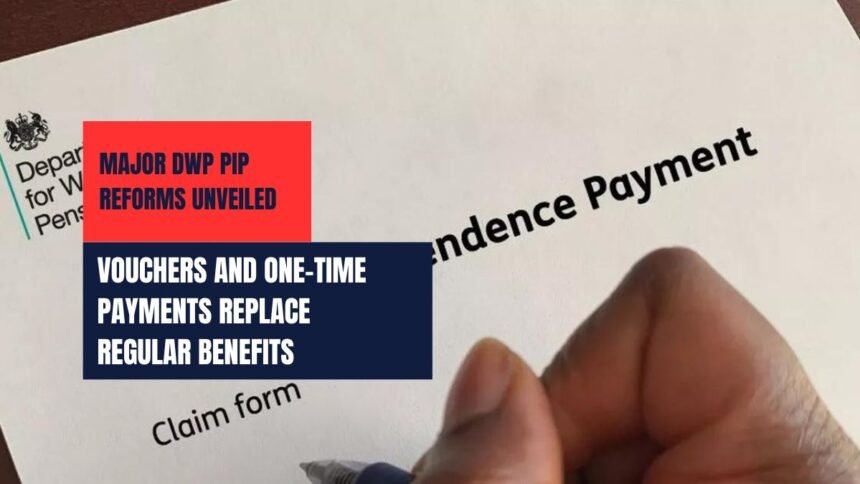In the UK, the Personal Independence Payment (PIP) system helps adults with long-term medical conditions and disabilities cover additional costs. Since its launch in 2013, PIP has been a lifeline for many, though it has faced criticism for its assessment processes and eligibility criteria.
In April, former Prime Minister Rishi Sunak proposed significant changes to PIP as part of his “sick note generation” speech. The Department for Work and Pensions (DWP) then published the “Modernising Support Green Paper” outlining these reforms. With the consultation period concluded and the Labour Party now in power, the future of these proposals remains uncertain.
What Was the PIP Consultation?
The PIP consultation involved collecting feedback from various stakeholders about the proposed changes. This process included:
| Method | Description |
|---|---|
| Written Submissions | Stakeholders submitted their opinions in writing. |
| Public Meetings | Meetings were held to discuss the proposals with the public. |
| Surveys | Surveys were conducted to gather broader public feedback. |
The goal was to understand the potential benefits and drawbacks of the proposed reforms and to ensure that any changes would be beneficial and considerate.
Details of Major Reforms
The proposed reforms aim to enhance the PIP system’s flexibility and fairness. Key changes include:
| Reform | Description |
|---|---|
| One-Off Grants and Vouchers | Replacing regular payments with grants and vouchers to address major expenses directly. |
| Catalogue Scheme for Support Items | Providing an approved list of essential items for claimants to choose from at reduced cost. |
| Revised PIP Eligibility Criteria | Updating criteria to better reflect disability-related costs and challenges. |
| Removal of Reassessments for Lifelong Conditions | Eliminating reassessments for permanent conditions to reduce stress and administrative work. |
| Simplified Assessment Process | Streamlining the assessment to make it less complex and more straightforward. |
Responses to the Proposals
The proposals have received mixed reactions:
| Group | Response |
|---|---|
| Disability Charities | Generally support the changes, especially the simplified assessments. |
| Public Opinion | Mixed; concerns about replacing regular payments with one-off grants. |
Future Outlook
The DWP is reviewing the feedback from the consultation to determine the final form of the reforms. The Labour government might adopt the proposed changes with modifications to address concerns. The goal is to create a PIP system that better supports individuals with disabilities and enhances their quality of life.
FAQ’s
What are the major changes to the PIP system?
The major changes include replacing regular payments with one-off grants and vouchers, introducing a catalogue scheme for essential support items, revising eligibility criteria, removing reassessments for lifelong conditions, and simplifying the assessment process.
How will the new voucher system work?
The new voucher system will provide claimants with vouchers for significant expenses related to their disability, such as home adaptations or specialized equipment. This aims to address major costs directly rather than providing regular payments.
Will the PIP eligibility criteria change?
Yes, the eligibility criteria will be updated to better reflect the actual costs and challenges associated with disabilities. This includes revising how disability-related needs are assessed and potentially changing the qualifying period for long-term conditions.
What happens if I have a lifelong condition under the new PIP rules?
Under the new rules, individuals with lifelong conditions will no longer need to undergo periodic reassessments. This change aims to reduce stress and administrative burden for those with permanent disabilities.





